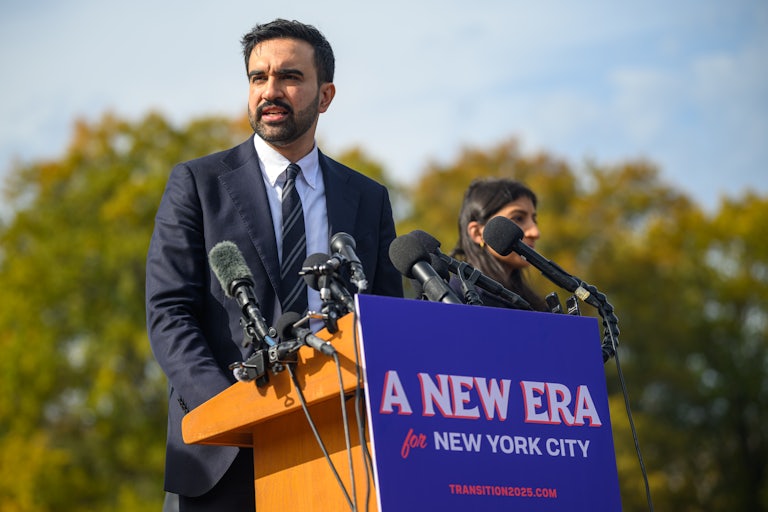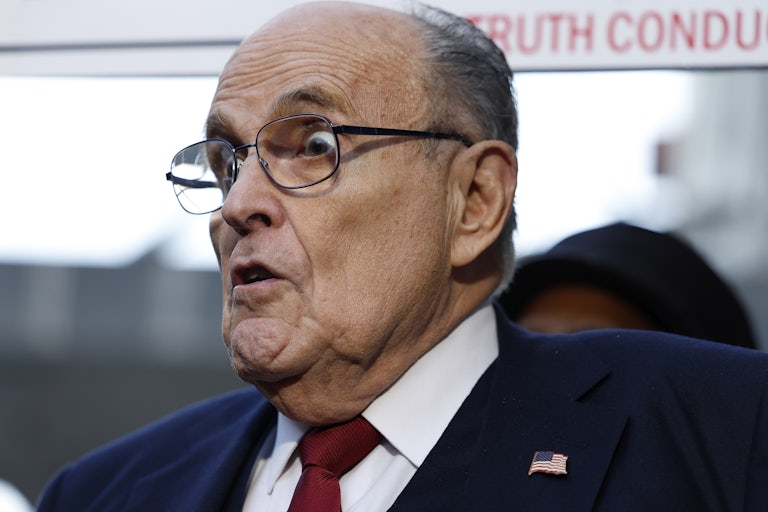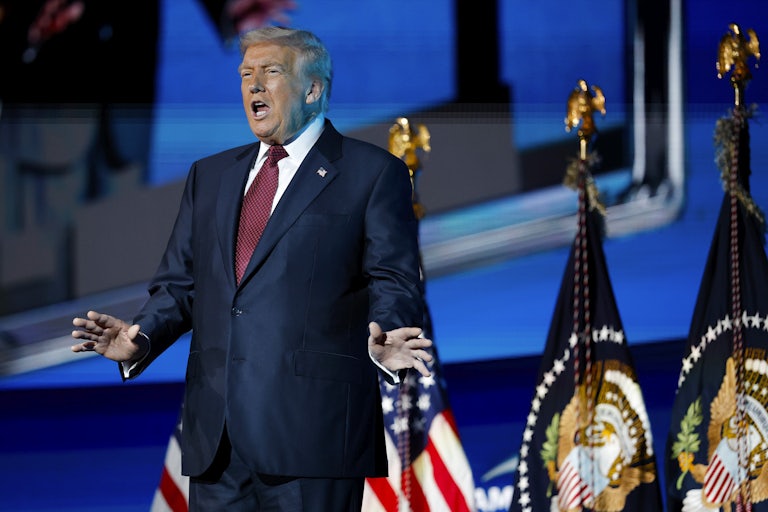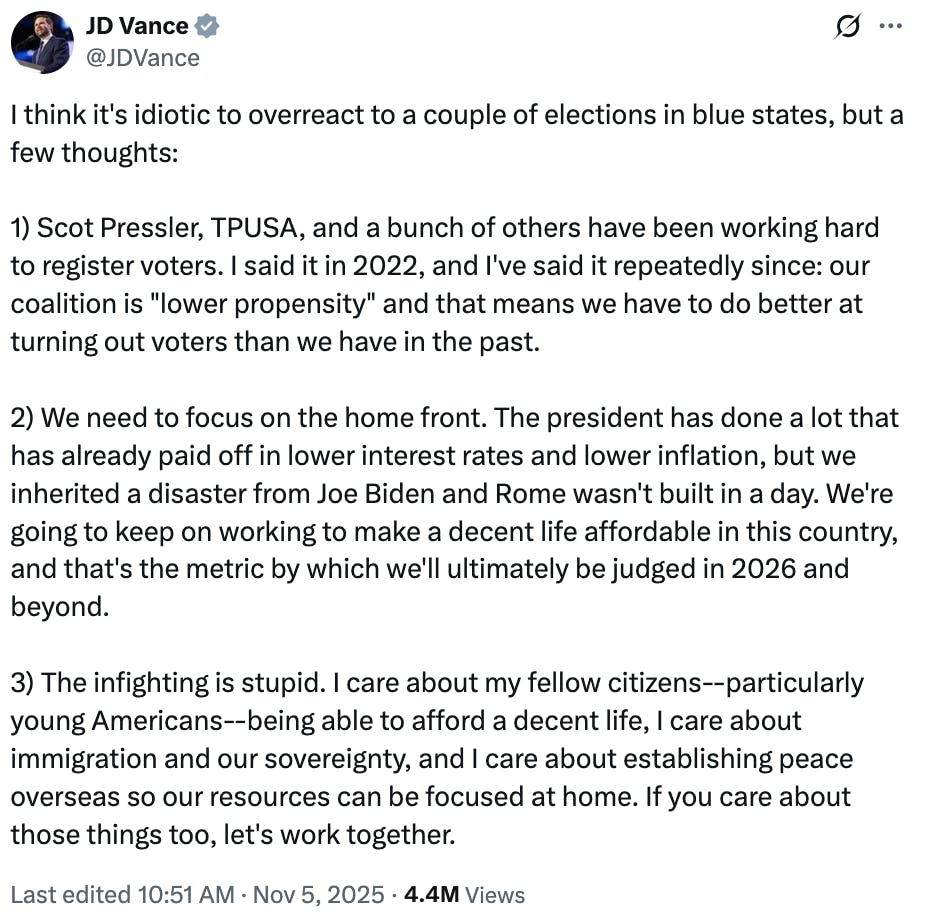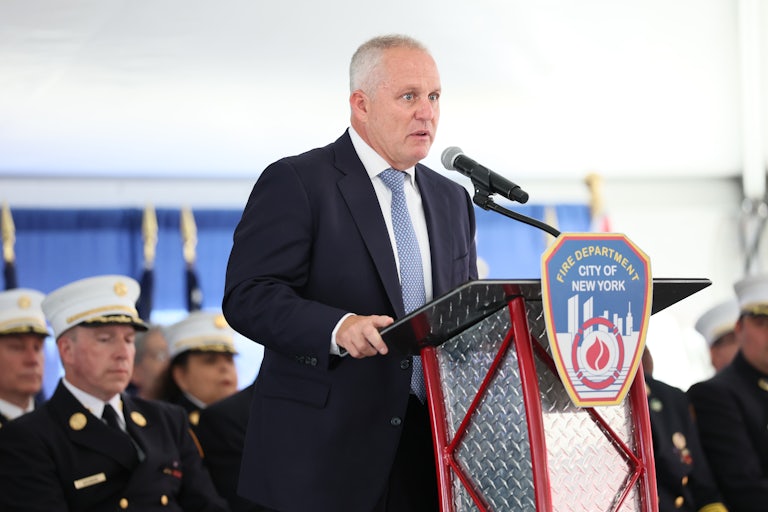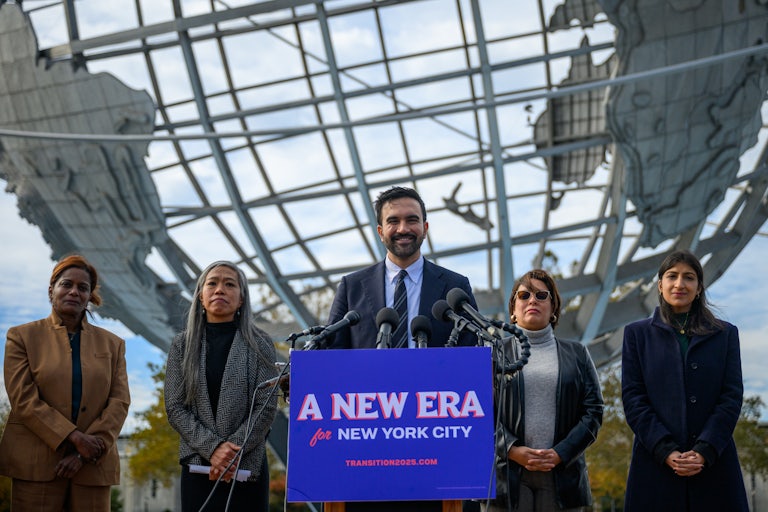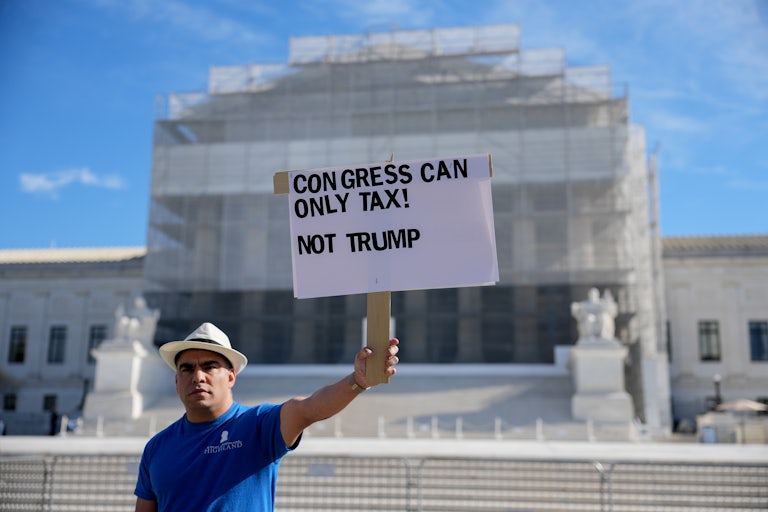“Highly Unusual”: Judge Tears Into Trump’s Case Against Comey
It looks like Donald Trump’s case against former FBI Director James Comey is in big trouble.
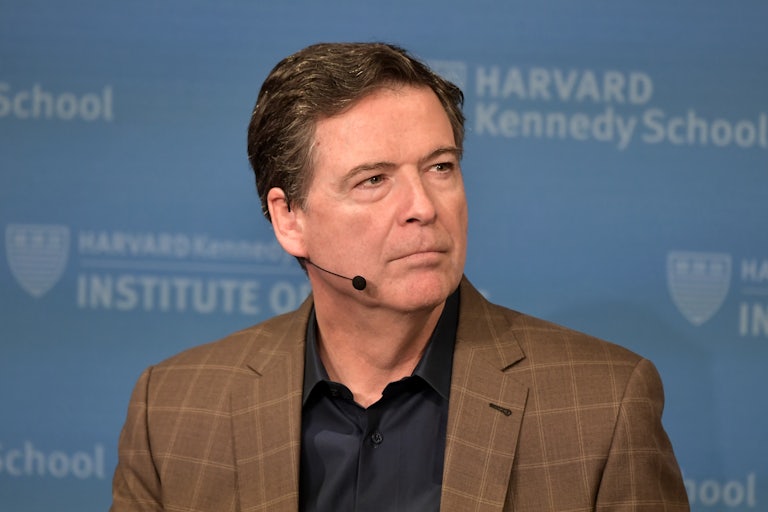
Interim U.S. Attorney Lindsey Halligan’s case against former FBI Director James Comey is coming apart at the seams.
During a hearing Wednesday, Magistrate Judge William Fitzpatrick raised concerns about the Department of Justice’s handling of evidence against Comey, Politico reported Wednesday. Specifically, Fitzpatrick took issue with how prosecutors handled materials via warrants initially issued in 2019 and 2020 against Comey associate Daniel Richman. The FBI probe into Russia’s involvement in the 2016 election first came under scrutiny in those years.
Comey’s attorneys had argued that because Richman was previously Comey’s lawyer, some of the material Halligan used to personally secure his two-count criminal indictment may have potentially been subject to attorney-client privilege.
Fitzpatrick warned the DOJ that using privileged information could have dire consequences for the prosecution’s “highly unusual” case, but said they could continue to use materials they believed were fair game “at their own risk,” Politico reported.
Fitzpatrick ordered the DOJ to hand over all of its search warrant materials to Comey’s attorneys by Thursday, along with the complete records of the grand jury proceedings that led to his indictment, for the purpose of determining if any privileged information was used to secure the charges.
“They’re entitled to this information quickly,” Fitzpatrick said, according to Politico.
Tyler Lemons, an assistant U.S. attorney from North Carolina who is assisting Halligan with the case, said that his investigators had come to a screeching halt when they came across materials that appeared to be privileged, and that the files were now “isolated on a desk in FBI headquarters.”
Fitzpatrick’s request for the full grand jury proceedings to be turned over to Comey comes just one day after another order, issued by U.S. District Judge Cameron McGowan Currie, for Halligan to turn over a complete record of grand jury proceedings. She had initially submitted only a partial report that did not include her jury instructions or presentation.
Crucially, Halligan’s jury instructions could be of interest to Comey’s legal team. While a prosecutor doesn’t have to dazzle in their delivery of jury instructions, they can’t present claims that are factually incorrect. If Halligan—a first-time U.S. attorney with no prior prosecutorial experience who presented the government’s case seemingly without the help of any assistant U.S. attorneys—elided the truth in her jury instructions, the case could be dismissed. Her failure to promptly turn over a record of her instructions, when paired with warnings from prosecutors that she did not have the evidence necessary to indict Comey, leaves open the possibility that this could be the case.
